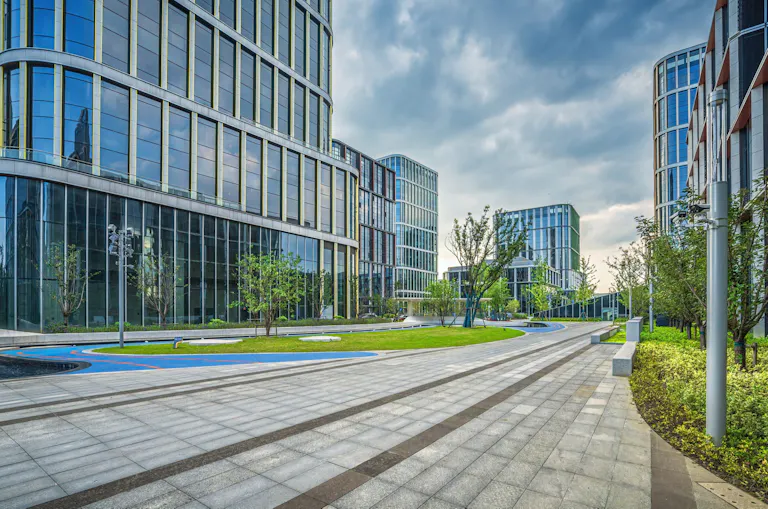KBS Insights
Blog | 07.02.2025
5 Ways Outsourcing Snow Removal Saves Facility Managers Time, Money and Stress
For facility managers, winter weather isn’t just a seasonal inconvenience—it’s a serious operational risk. Snow and ice can lead to safety incidents, business disruptions, and major liability.












